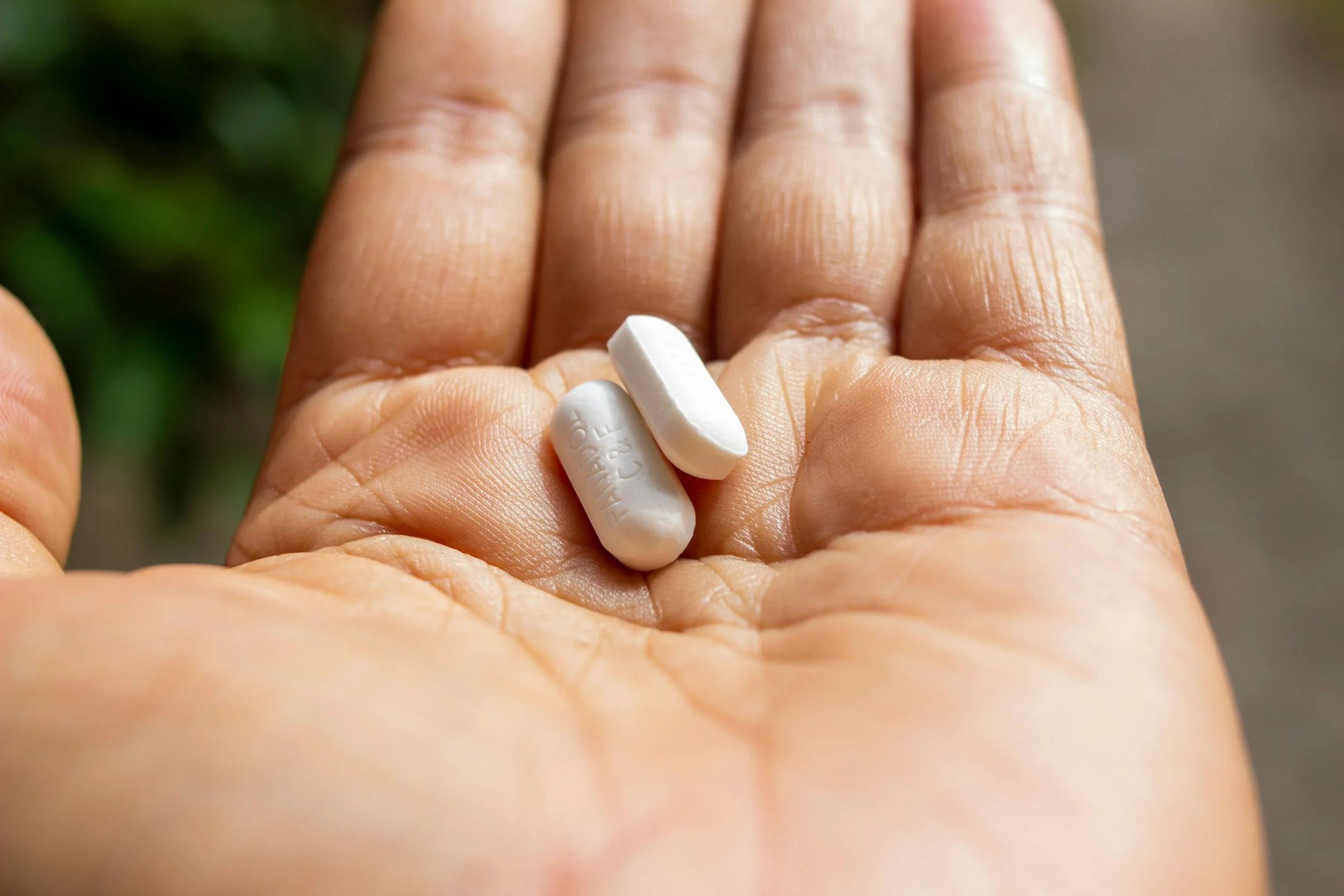Navigating the complexities of mental health can feel like traversing a winding road with unexpected twists. For many individuals, the combination of bipolar disorder and ADHD presents unique challenges. So, what is the best medicine for bipolar and ADHD? The answer is multifaceted, as each individual's experience with these conditions can vary significantly. In this article, we’ll explore the latest treatments the role of medication, and provide insights that often go unmentioned. Plus, we’ll touch on local resources in Chicago, such as Wellman Psychology, that can help residents seeking clarity and support.
Understanding Bipolar Disorder and ADHD
Before diving into treatment options, it's crucial to understand what bipolar disorder and ADHD entail. Bipolar disorder is characterized by extreme mood swings, including episodes of mania and depression. According to the National Institute of Mental Health (NIMH), about 2.8% of U.S. adults experience bipolar disorder in a given year. On the other hand, Attention-Deficit/Hyperactivity Disorder (ADHD) involves difficulties with attention, hyperactivity, and impulsiveness, affecting about 4.4% of adults in the U.S. (NIMH).
When these two conditions co-occur, it can complicate diagnosis and treatment, leading to potential misdiagnoses. Research shows that nearly 20% of people with bipolar disorder also have ADHD (Wagner et al., 2020). This overlap can lead to increased risks of substance abuse, functional impairment, and emotional distress. Therefore, understanding the best treatment approaches is crucial.
The Role of Medication
When considering the best medicine for bipolar and ADHD, it's important to recognize that no one-size-fits-all solution exists. Treatments often involve a combination of mood stabilizers, antipsychotics, and ADHD medications.
Mood Stabilizers
For bipolar disorder, mood stabilizers such as lithium, lamotrigine, and valproate are often first-line treatments. Lithium, for example, has been shown to reduce the frequency and severity of mood episodes (Muench & Hamer, 2010). However, it requires regular monitoring due to potential side effects and toxicity. Lamotrigine is another effective option, particularly for preventing depressive episodes.
Stimulants and Non-Stimulants for ADHD
For ADHD, stimulant medications like methylphenidate (Ritalin) and amphetamines (Adderall) are commonly prescribed. According to the Centers for Disease Control and Prevention (CDC), about 62% of children with ADHD are treated with stimulant medications. However, these can sometimes exacerbate manic symptoms in individuals with bipolar disorder.
As an alternative, non-stimulant medications such as atomoxetine (Strattera) are often considered safer for those with co-occurring bipolar disorder. Studies have indicated that atomoxetine can effectively manage ADHD symptoms without triggering manic episodes (Biederman et al., 2005).
The Importance of Individualized Treatment
Given the complexity of managing both bipolar disorder and ADHD, a tailored approach is essential. This often involves working closely with a psychiatrist or mental health professional who can monitor symptoms and adjust medication as necessary. Notably, a study found that integrated treatment plans focusing on both conditions lead to better outcomes compared to treating each disorder in isolation (Wagner et al., 2020).
Therapy as a Complementary Approach
While medication can play a crucial role in managing symptoms, therapy is equally important. Cognitive Behavioral Therapy (CBT) and Dialectical Behavior Therapy (DBT) have shown effectiveness in treating both bipolar disorder and ADHD. CBT helps individuals identify and change negative thought patterns, while DBT provides skills for emotional regulation and interpersonal effectiveness.
In Chicago, services like those offered by Wellman Psychology can be instrumental. Our ADHD Testing in Chicago allows residents to gain a better understanding of their symptoms and treatment options. Tailoring therapy to individual needs can enhance overall well-being and lead to more positive outcomes.
Lifestyle Changes and Support Systems
In addition to medication and therapy, lifestyle changes can significantly impact the management of bipolar disorder and ADHD. Regular exercise, a balanced diet, and adequate sleep contribute to overall mental health. Furthermore, developing a strong support network—whether through friends, family, or support groups—can provide essential emotional backing.
Statistics That Matter
It's essential to highlight that adherence to treatment can drastically improve outcomes. Research indicates that about 60% of individuals with bipolar disorder who remain on their medications experience fewer mood episodes (Muench & Hamer, 2010). However, it's worth noting that a significant portion of individuals may discontinue their medications due to side effects or a lack of perceived effectiveness. This emphasizes the need for ongoing communication with healthcare providers to address concerns and adjust treatment plans as necessary.
What’s Not Often Discussed
One aspect that often gets overlooked in discussions about bipolar disorder and ADHD treatment is the impact of co-occurring conditions, such as anxiety or substance use disorders. Individuals with both bipolar disorder and ADHD are at a heightened risk for developing these additional issues, which can complicate treatment. It's crucial to address these co-occurring conditions holistically to ensure comprehensive care.
Furthermore, cultural factors can influence treatment approaches. For instance, residents of Chicago may encounter stigma around mental health that can deter them from seeking help. Education about these conditions can help combat misconceptions and encourage individuals to pursue the treatment they need.
Are you curious to know “What Are the Duties of a Child Psychologist?” and “Who Can Prescribe Medication for ADHD?” Visit our blog page today to learn all about it!
Conclusion
Navigating the best medicine for bipolar and ADHD is a journey that requires a tailored, multifaceted approach. By understanding the nuances of each condition and recognizing the importance of individualized treatment plans, individuals can find effective strategies to manage their symptoms.
In Chicago, resources like Wellman Psychology offer vital support for residents seeking ADHD Testing in Chicago and comprehensive mental health services.
If you or someone you know is struggling with bipolar disorder and ADHD, don’t hesitate to reach out for help. At Wellman Psychology, we provide the guidance and support you need to understand your symptoms and explore treatment options. Our ADHD Testing in Chicago can offer clarity and direction for your mental health journey. Take the first step toward a brighter tomorrow by contacting us today—your mental well-being is worth it!
